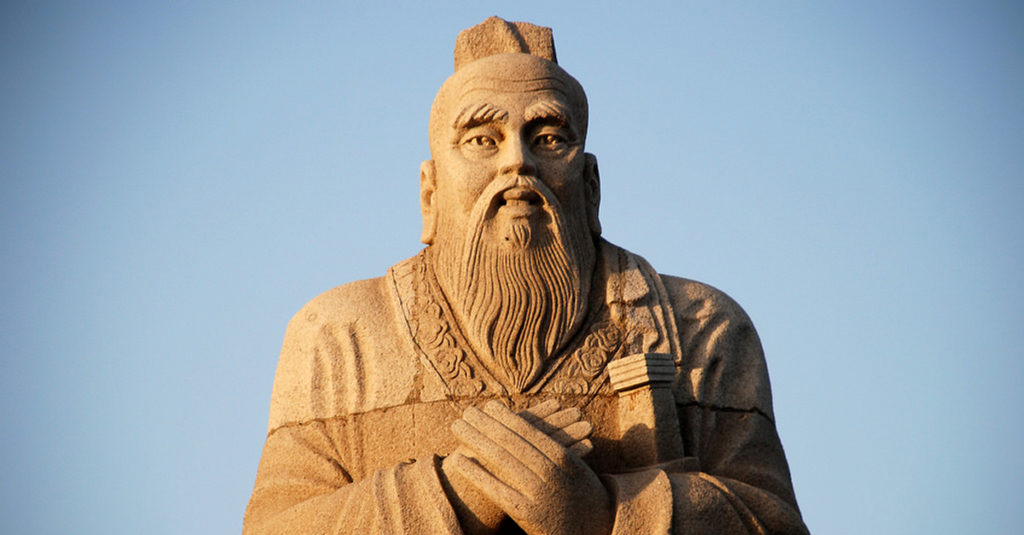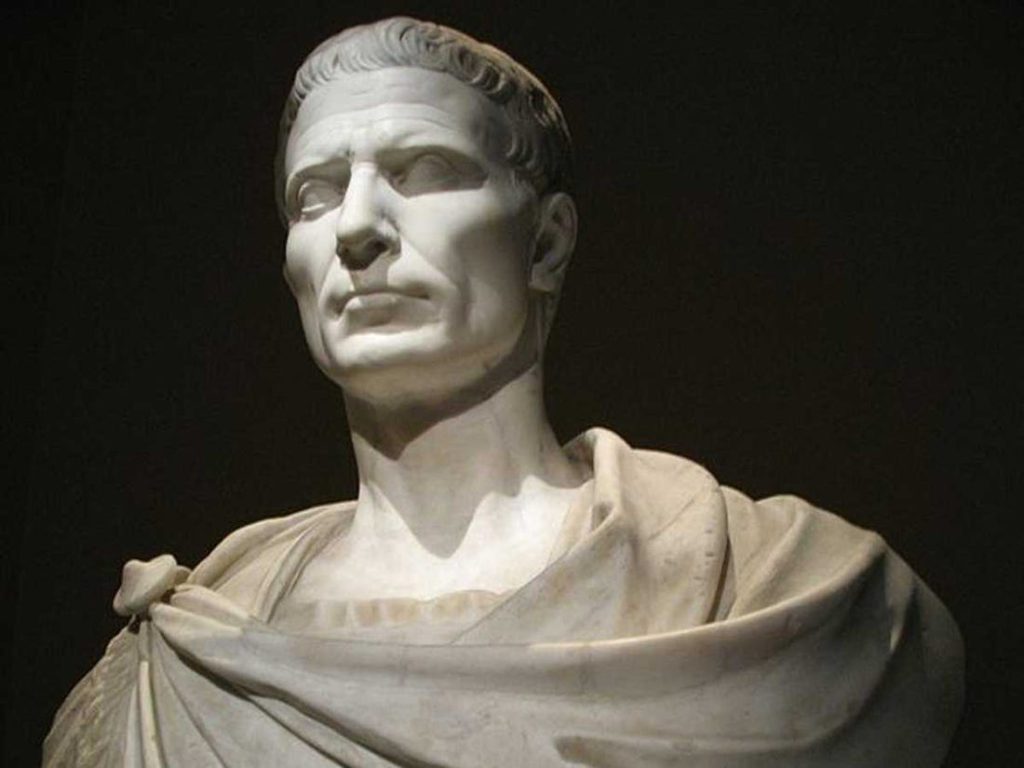
Westerners are used to thinking in material terms, and we take the same approach to writing fiction. We tend to think our of characters as primarily material beings, who are challenged by emotions that are themselves evolutionary adaptations to survival challenges. As such, the life of a fictional character is mostly about the neurotransmitters that flow through their brain.
The fundamental viewpoint promoted by this book, instead, is that of viewing one’s characters as primarily frequencies – namely, the frequency of their consciousness. The higher a character’s frequency of consciousness, the lighter their soul, and vice-versa.
In this book, it will be explained, a character’s frequency of consciousness is the most important thing about them. It is the driving force that impels them to take action. It is the fundamental explanatory force that makes sense of the character’s station of birth, his basic motivations, intentions and aspirations.
Herein it is assumed that the reader understands the truth of the phrase ‘turn lead into gold’: namely that this phrase does not refer to physical lead and physical gold, but rather to the transmution of the soul, from spiritual lead to spiritual gold. The true alchemist is not interested in mere material wealth, but in much subtler forms of wealth. This includes the treasures of the world beyond as well as the more sublime emotions here on Earth.
To make a truly interesting story, the main character’s frequency of consciousness has to change. This tends to make for a gratifying reader experience, as long as the reader can identify with that main character. By the end of a good story, the reader ought to have an appreciation for the development that protagonist has undergone to make them what they now are.
In the most typical character arc, a low frequency of consciousness is transmuted into a higher one. This is the typical heroic character arc beloved of stories going all the way back to The Epic Of Gilgamesh. Gilgamesh begins his story as a low-frequency hedonist, and ends it as a high-frequency man of his people.
Countless tales follow this same pattern. The protagonist begins the story as a more-or-less normal person, and, through various trials and tribulations, they become something special – stronger, smarter, wiser, better than before. It’s what Joseph Campbell called the Hero’s Journey and it’s been known about since the oral traditions that predated literature.
This character arc is very common, however, so skillful authors like to throw some twists into the story. Sometimes the protagonist has to lose to make the story interesting. As such, the development of a character’s frequency throughout the course of a story doesn’t usually follow a linear upwards progression.
The basics of the alchemy of character development, as described in this book, are the basics of telling an interesting story. It’s all about alchemy – and hence this book is all about alchemy too. The logic is that the Hero’s Journey is primarily an alchemical journey, and that the joy the reader gets from a story primarily comes from the alchemy of character development, and the ups and downs of that development over the course of that story.
There are three main parts to this book.
The first explains the Mithraic Ladder, and its seven steps. The Mithraic Ladder is the axis along which alchemical development occurs. The bottommost step is lead, and the alchemist ascends through tin, iron, copper, silver and mercury to reach the top step, which is gold.
The second explains how a character can move up from one step to the one above. This is keeping in accordance with the principle that people like to read about main characters who overcome challenges and transform themselves while doing so.
The third explains how a character can move down from one step to the one below. This is in keeping with the principle that stories of linear progression are not very interesting, and so readers prefer stories in which the protagonist suffers setbacks, withdrawing temporarily so that they can rise again (or even descend further, in the case of tragedies).
The totality of this book is about how a writer can understand the Hero’s Journey from an alchemical perspective.
*
This is an excerpt from Vince McLeod’s The Alchemy of Character Development, the sixth book in VJM Publishing’s Writing With Psychology series. This book will show you how to use alchemy to create deep, realistic and engaging characters for your creative fiction.
*
If you enjoyed reading this piece, buy a compilation of our best pieces from previous years!
Best VJMP Essays and Articles of 2023
Best VJMP Essays and Articles of 2022
Best VJMP Essays and Articles of 2021
Best VJMP Essays and Articles of 2020
Best VJMP Essays and Articles of 2019
Best VJMP Essays and Articles of 2018
Best VJMP Essays and Articles of 2017
*
If you would like to support our work in other ways, make a donation to our Paypal! Even better, buy any one of our books!




